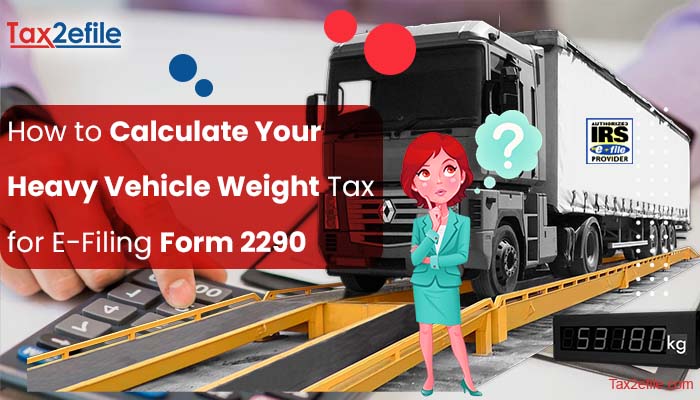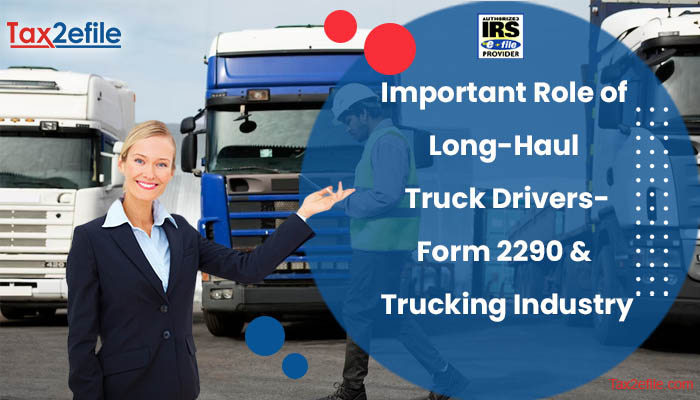- July 13, 2012

The trucker’s tax break repeal that recently took place in Arkansas’s government is a clear indication that there is something described as “trucking politics.” Regardless of the average citizen’s thoughts and feelings towards the trucking community, it is evident that the freight trucking industry is pivotal to America’s economic infrastructure. Without the transportation of goods and necessary materials within our national borders, businesses would stop functioning almost completely. This is why certain states have extensive conversations with various trucking associations so that they can keep the truckers happy!
Here’s a general overview of the issue that Arkansas policymakers and the Arkansas Trucking Association were having: the two political entities had struck a deal to allow a tax break on heavy vehicle usage by truckers and to bump up the fuel tax in compensation. It was debated that the state of Arkansas would lose up to $1.2 million in revenue if the bill were to pass, which would be quite detrimental to the Highway Department. Although this specific bill was repealed, it shows that there are and have been continuous talks between the trucking community and state legislatures. It even demonstrates that state legislatures are willing to write policies that are beneficial to the trucking community and find it necessary to encourage dialogue between the two entities. Even though the trucker’s tax-exempt did not make it through, the conversation is still alive between the trucking community and the state policymakers who are now working together to improve pieces of a highway plan and this is quite a big step for the trucking community.
Trucker taxes are seen to be the various financial obligations afforded to truck owners/operators by various federal agencies. Some of the most common taxes are the Heavy Vehicle Use Tax and the Internal Fuel Tax Agreement which collect funds from truck owners/operators in order to finance different roadway improvement projects. The HVUT is an annual tax that must be filed for almost every vehicle weighing 55,000 lbs or more and consuming more than 5,000 miles. The IFTA is a quarterly tax that many US states and Canadian provinces enforce for vehicles weighing 26,000 lbs or more. These trucker taxes are considered to be quite costly to the trucking community, yet they are essential.
The Heavy Vehicle Use Tax is the more pressing tax because it is administered by the Internal Revenue Service and delinquency will result in harsh financial penalties. The IRS releases Form 2290 annually beginning July 1st and this form is used by truck owners/operators to file their vehicle(s) and pay the respective tax total. Truck Owners/operators must keep in line with their respective deadlines or penalties will be assessed. It comes as no surprise why the trucking community would attempt to speak with state legislatures to tone down their annual tax payments, they are costly. Soon enough, there will be the solidified “trucking politics.”
For more articles revolving around Form 2290 visit the Tax2efile Facebook Page.


